My father
They were taking out every item from their tent and piling it on the dirt outside, when we arrived - mattresses, pots and pans, bags of clothes, food items, stuffed toys. There were rats in their tent last night and they got inside the kids' bedding, they said. Saanya and I were at a camp for the most vulnerable in Lesbos. The family from Pakistan was happy to hear that I was from there originally; they said no one comes to ask their story, journalists are more interested in the Syrian refugees. As her husband lifted heavy boulders and placed them around the outskirts of the tent, I sat with Narjis under the midday sun to hear her story, in Urdu; the two kids, 2 and 3, played with stones and sticks.Narjis' father was a prominent Shi'a leader in Pakistan and had a huge following. For political or ideological reasons, he had been imprisoned for 18 years. Narjis was a young girl when her father went to prison; she hardly remembers him, and used to call him 'uncle' when she visited him in jail. Her father's health deteriorated in prison; he suffered a stroke, had high blood pressure and high sugar levels. "Omeed bee kathum ho gai thee" - they had even given up on hope.Narjis' brother and husband helped her father escape from prison. Then they set out to escape the country, traveling by night and hiding in the homes of followers. They made it to Iran, but then her father was poisoned, and died. Narjis and her family had to continue the journey on their own, heartbroken; the entire reason for their escape, their father, no more.I asked Narjis how she wills herself to go on, what gives her hope. "My hope was seeing my Papa," she said. Whatever was in our fate, we have accepted it." Now the focus is her children's future, she said. "We have to make their destiny now. My wish is for my children to live a life without fear; I don't want them to fear that someone will appear from here or there and kill them.""In Europe, there is a sense of your own value, she added. "In Paksitan, it is based on your family - who was your father, what did he do; your life is associated with that of your family. Here [the children] will make their own life."Photo: Saanya Ali

